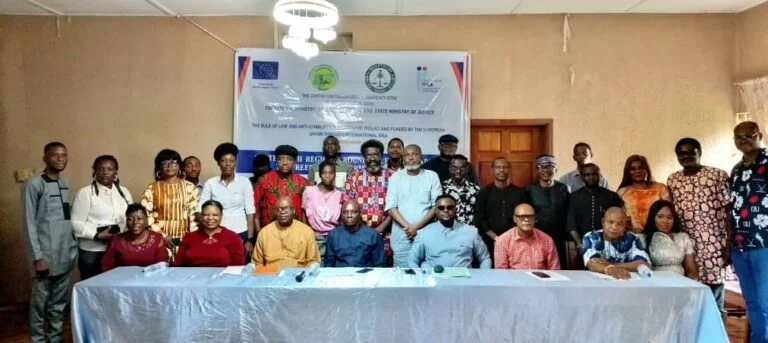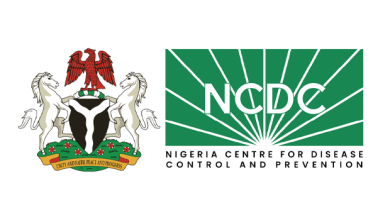News
FOI Act: 14 years after, Stakeholders demand implementation at sub-national level

Stakeholders have called for a bold and proactive implementation of Freedom of Information (FOI) Act at the sub-national level to deepen democracy, accountability and citizen engagement in Nigeria.
The stakeholders made the call at the event organised by Centre for Transparency Advocacy (CTA), on Monday in Benin during the South-South Regional Roundtable, under the Strengthening Accountability and Governance in Nigeria Initiative (SAGNI).
In his keynote address, Mr Samson Osagie, the Attorney-General and Commissioner of Justice in Edo, described FOI Act as “a recognition that secrecy was the breeding ground for corruption, and the antidote is openness, accessibility, and proactive disclosure.”
Osagie acknowledged the state’s strides toward openness through inter-agency cooperation and FOI compliance training, even as he admitted that there was still room for improvement.
He called on ministries, departments, and agencies (MDAs) to move from reactive transparency to proactive accountability.
“Our MDAs must not wait to be asked before releasing public information. Data on budgets, contracts, procurements and public health should be available by default,” he said.
Highlighting the importance of citizen participation, Osagie urged collaboration with civil society and the media, capacity-building for public officers, integration of FOI compliance into performance appraisals and simplification of request processes.
“Let the sunlight of information cleanse the corridors of power. Let the FOI Act not just live in our books, but thrive in our practice,” he stated, quoting the United States Justice Louis Brandeis.
Earlier in her address of welcome, CTA’s Executive Director, Faith Nwadishi, described FOI Act’s 14-year journey as one of ‘progress overshadowed by persistent opacity’, particularly at the state and local government levels.
“Many public institutions still operate in a culture of secrecy. Some even demand outrageous fees for information that, by law, should be publicly available,” she said.
Nwadishi cited a case where a public institution requested for over N1.2 million for documents that should ordinarily be online.
“Some agencies outsource FOI responses to private law firms. This is not just unacceptable, it’s a violation of the public’s right to know,” she stated.
Nwadish praised the 2024 Supreme Court judgment affirming the applicability of FOI Act across all the 36 states, calling it a “game-changer” that affirmed the national character of the right to information.
Quoting CTA’s baseline study across the FCT, Anambra and Edo states, she said that over 70 per cent of respondents had never used FOI Act, adding that among those who did, 75 per cent got no response.
“This is why we are here to close these gaps. The FOI Act is our strongest weapon against secrecy and impunity. It is not just a legal provision, it is the heartbeat of democracy,” the CTA boss said.
Nwadishi announced plans to reopen CTA’s FOI Service Delivery Awards and a forthcoming hackathon in Benin and Awka to drive innovation in FOI usage.
“We need the media to inform, civil society to educate, the government to comply and citizens to act. Let’s not wait another 14 years to make the FOI Act work,” she said.
The roundtable, organised by CTA, with support from RoLAC and European Union, through International IDEA, is part of a 12-month project aimed at enhancing access to information and good governance in Nigeria.
NAN


